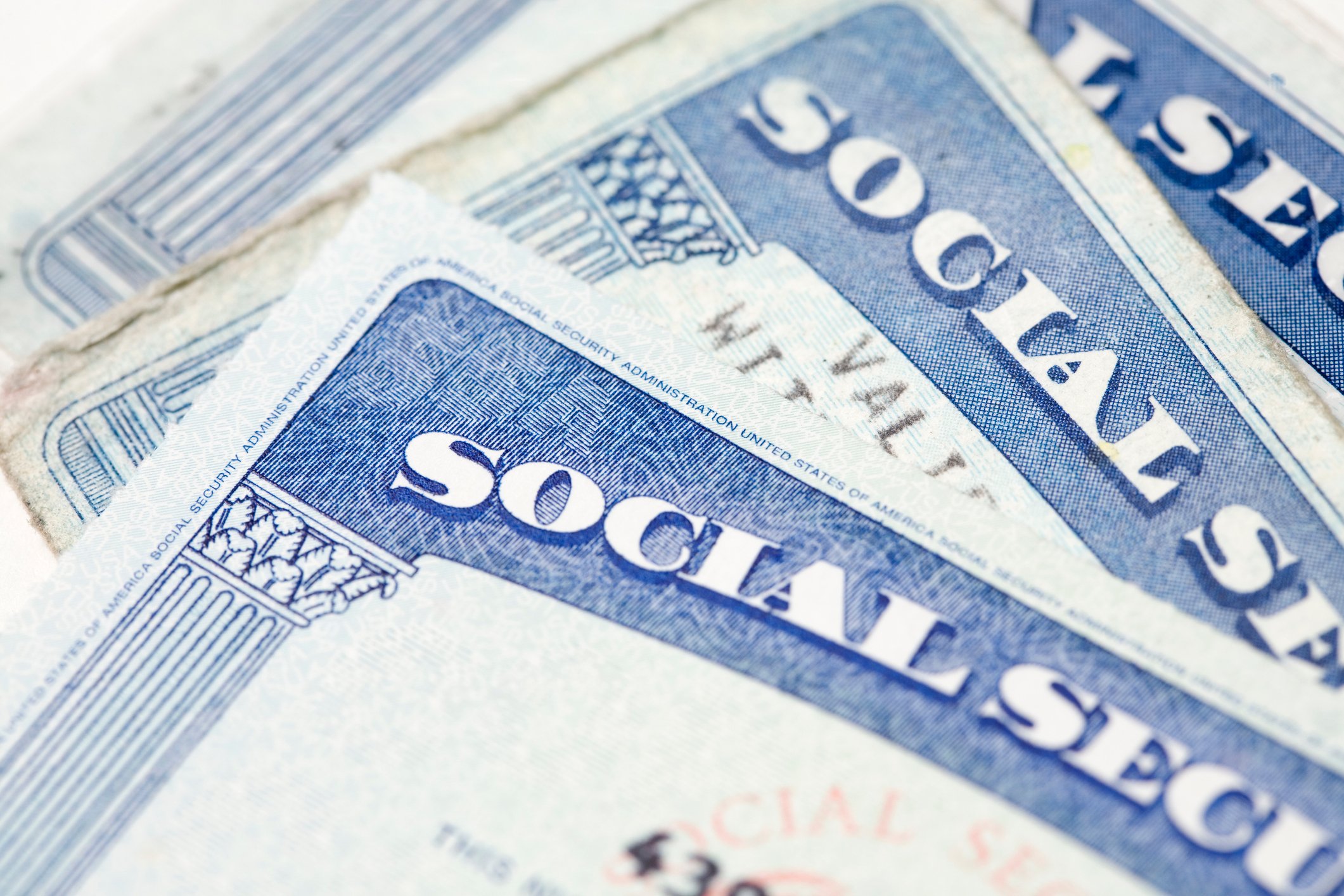Tax Day in the United States is April 18, 2017, so you still have more than a month to get your in, as of this writing. However, if you haven't filed your tax return yet, it may be a good idea to get yours done as soon as possible. Not only does preparing your tax return early reduce your chances of identity theft, but you can get your refund back faster, and have more time to locate any missing documentation.
The sooner you file, the lower your risk of identity theft
Tax-related identity theft, where a thief uses your Social Security number to file a bogus tax return and claim a refund, has been a major problem for years. In the 2013 tax year alone, the IRS processed $5.8 billion in fraudulent refunds -- and those are only the ones that were reported.

Image source: Getty Images.
First of all, to give credit where it's due, the IRS has done a great job of cracking down on fraudulent tax returns in recent years. Thanks to new safeguards, fraudulent tax returns were down 50% from 2015 to 2016.
However, criminals still claim millions of dollars in refunds each year, so it's still important to stay on top of it. And there's not much people can do to defend against it. In fact, the first time many victims realize what's happened is when the IRS rejects their legitimate refund, and a thief has already made off with thousands of dollars.
Perhaps the best way to defend against fraud is to do your taxes as early as possible. If you file a return, and the IRS accepts it, as soon as you have your tax documentation, you effectively make it impossible for another tax return to be filed in your name.
Don't give Uncle Sam an interest-free loan for even longer
As we've written before, if you're expecting a big tax refund, it's not necessarily a good thing. If your employer withheld too much money from your paychecks throughout the year, you essentially gave the U.S. government an interest-free loan.
The sooner you file your taxes, the sooner you can expect to have your hard-earned money back in your pocket and the sooner you can save or invest that money. As an example, let's say that your tax refund is $3,000, and that you intend to invest your refund once you get it. Based on the S&P 500's historic rate of return, investing that sum of money a month earlier could result in an additional $24 in investment gains.
The point is that by filing your tax return as soon as possible, you can put your money to work for you, not for the IRS.
If you can't find something, you'll still have time to get it
Let's say that you decide to file your tax return a month before the deadline. You start going through the process, when all of a sudden, you can't find your W-2. You can't complete your return without it, so you call your payroll department and request another copy. You'll most likely have it in your hand long before the deadline passes.
On the other hand, if you wait until the day before the tax deadline to get started and can't find a W-2 or some other paperwork, there's probably no time to do anything about it -- other than file an extension.
The point is that starting early gives you additional time to get all of your documentation in order and to replace any documentation that has been misplaced.





